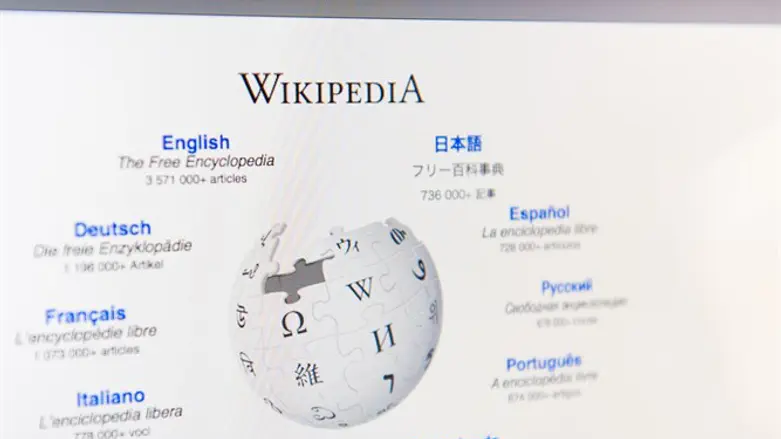
A Turkish court on Friday rejected an appeal by Wikipedia against a government decision to block access to its website, Reuters reported, citing the state-run Anadolu news agency.
An Ankara court rejected the appeal from the Wikimedia Foundation, which operates Wikipedia, saying that while freedom of speech was a fundamental right, it can be limited in cases where there is a "necessity for regulation".
Turkey's telecommunications watchdog said last week that access to Wikipedia had been blocked, citing a law allowing it to ban access to websites deemed a “threat to national security”.
According to Reuters, the block on the site was prompted by two Wikipedia entries accusing Turkey of links to Islamist groups. The communications ministry in Turkey has said Wikipedia was attempting to run a "smear campaign" against the country, saying some articles purported that Ankara was coordinating with militant groups.
The Wikimedia Foundation has called for the Turkish government to restore full access to the site.
Turkey regularly blocks access to websites and has in recent years tightened government control of the Internet and the judiciary, generating criticism from rights groups.
In 2015, the country blocked access to Twitter over the sharing of photographs of a prosecutor being held at gunpoint by far-left militants.
In January of 2015, the country blocked access to all sites which carried the front page of the French satirical magazine Charlie Hebdo, which featured a cartoon of Mohammed following the massacre at the magazine's office by Muslim terrorists.
In 2014, after briefly banning all access to Twitter, President Recep Tayyip Erdogan vowed to "eradicate" the social media site.
(Arutz Sheva’s North American desk is keeping you updated until the start of Shabbat in New York. The time posted automatically on all Arutz Sheva articles, however, is Israeli time.)